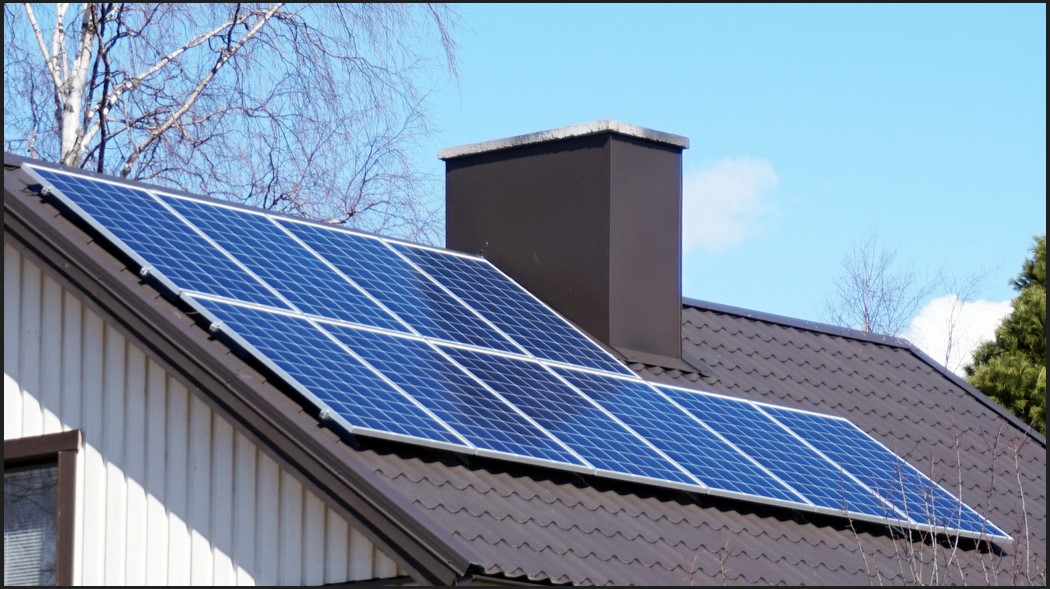
In an era where sustainability and environmental consciousness are at the forefront of homeowners’ minds, solar panels have emerged as a popular choice for powering homes with clean and renewable energy. The ability to generate electricity from sunlight not only reduces the carbon footprint but also provides substantial savings on utility bills. If you’re considering adopting solar power for your home, it’s essential to understand the technology and make informed decisions, including selecting the right battery storage solution to maximize your system’s efficiency.
Solar Panels: A Glimpse into Green Energy
Solar panels, also known as photovoltaic (PV) panels, are devices designed to convert sunlight into electricity. They consist of solar cells made from semiconductor materials, usually silicon, which generate direct current (DC) electricity when exposed to sunlight. Solar panels are typically installed on rooftops, ground mounts, or even integrated into building materials, allowing homeowners to generate their electricity while reducing their reliance on the traditional power grid.
Installing solar panels offers numerous benefits, including:
- Clean Energy: Solar power is clean and renewable, producing no greenhouse gas emissions during operation.
- Reduced Electricity Bills: Generating your electricity means you’ll purchase less from your utility provider, resulting in substantial cost savings over time.
- Energy Independence: Solar panels provide homeowners with greater control over their energy production and consumption.
- Increased Property Value: Homes equipped with solar panels tend to have higher resale values.
- Government Incentives: Many governments offer incentives, tax credits, and rebates to homeowners who install solar panels.
- Low Maintenance: Solar panels require minimal maintenance and have a long lifespan.
Choosing the Right Battery Storage System
While solar panels generate electricity during daylight hours, excess energy may not always be used immediately. This is where battery storage systems come into play. A battery stores excess solar energy for use during times when the sun isn’t shining, such as at night or on cloudy days. Here are essential tips for selecting the right battery storage system:
- Capacity: Determine your energy consumption needs to choose a battery with sufficient capacity to store excess energy.
- Type of Battery: Lithium-ion batteries are the most common choice due to their efficiency, longer lifespan, and faster charging.
- Compatibility: Ensure that the battery is compatible with your existing solar panel system and inverter.
- Depth of Discharge: Look for batteries that allow a high depth of discharge (DoD) to utilize more of the stored energy.
- Warranty: Choose a battery with a reputable manufacturer warranty to ensure long-term reliability.
- Scalability: Consider if you may want to expand your system in the future and choose a battery that can be easily scaled up.
- Smart Features: Some batteries offer smart features, including remote monitoring and energy management.
- Installation: Consult a professional for proper installation and integration with your solar panel system.
- Budget: Factor in the cost of the battery when evaluating the overall return on investment for your solar power system.
In conclusion, solar panels provide an eco-friendly and cost-effective solution to power homes with clean energy. When considering solar energy, it’s crucial to choose the right battery storage system to ensure efficient energy usage. By making informed decisions and seeking professional advice, homeowners can make a significant positive impact on both the environment and their finances while enjoying the benefits of green energy.